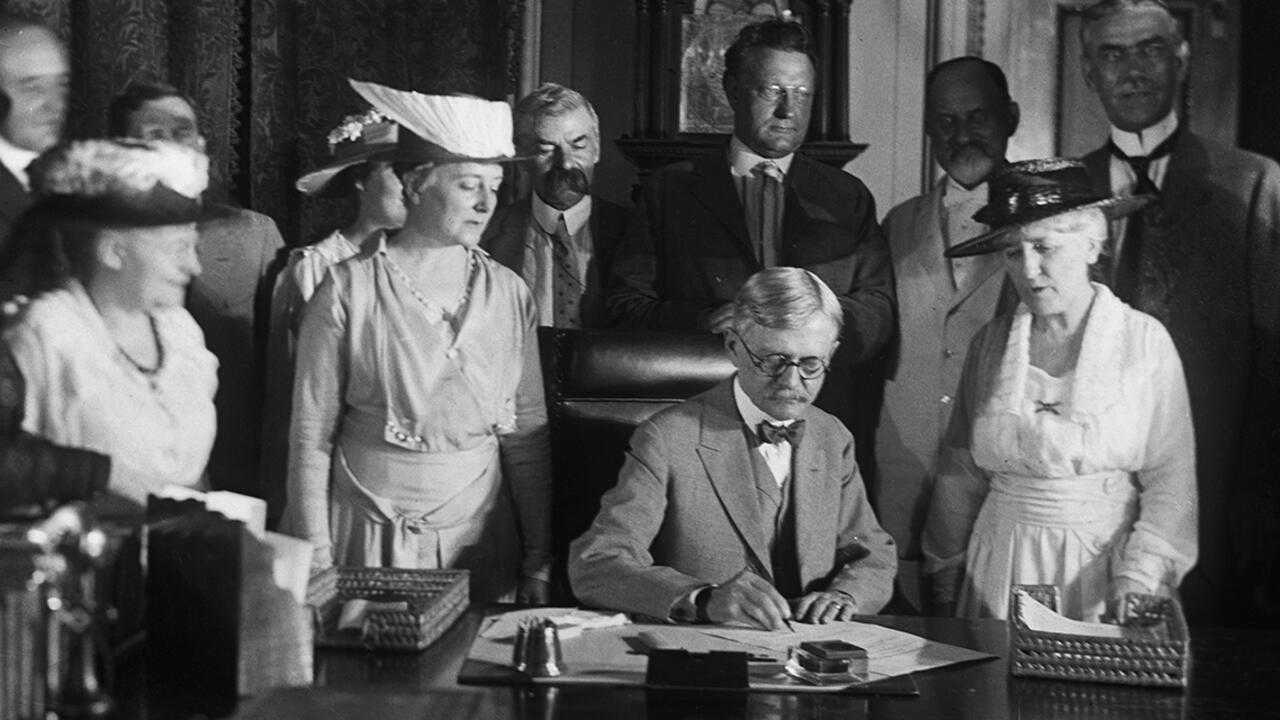Cokie Roberts ’64 Reflects on Women’s Suffrage on the 100th Anniversary of the Senate Passing the 19th Amendment

On May 22, 1919, the House of Representatives passed the 19th Amendment to the Constitution, thereby acknowledging—not granting—women’s right to vote, said Wellesley College alumna Cokie Roberts ’64. On June 4, 1919, the Senate passed it as well.
“We had the right to vote as American citizens,” Roberts said during her “Ask Cokie” segment on NPR’s Morning Edition. “We didn’t have to be granted it by some bunch of guys.”
Roberts answered listeners’ questions about the women’s suffrage movement and the impact of the amendment, addressed the factors that finally got the legislation through Congress, and spoke about the role of women of color.
“It’s not a pretty history…” Roberts said. “There were African American women fighting for suffrage from the beginning. You know Sojourner Truth in the time of the Civil War. And they’re famous women, like Ida B. Wells-Barnett and Mary Church Terrell. But the white women running the national organizations didn’t want to alienate Southern congressmen, so they shut black women out, and they engaged in some blatantly racist behavior.”
Despite the passage of the 19th Amendment, it would still be decades before women voted in equal numbers to men, and voted differently, Roberts concluded.
Listen to the full segment or read the transcript at NPR.
Photo: Vice President Thomas Marshall signs the suffrage resolution on June 5, 2019, after it was passed by the Senate.



